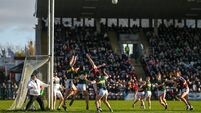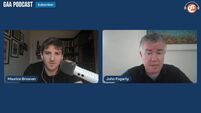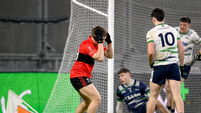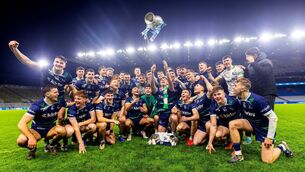GAA considers restricting full-time staff from coaching outside their own clubs and counties
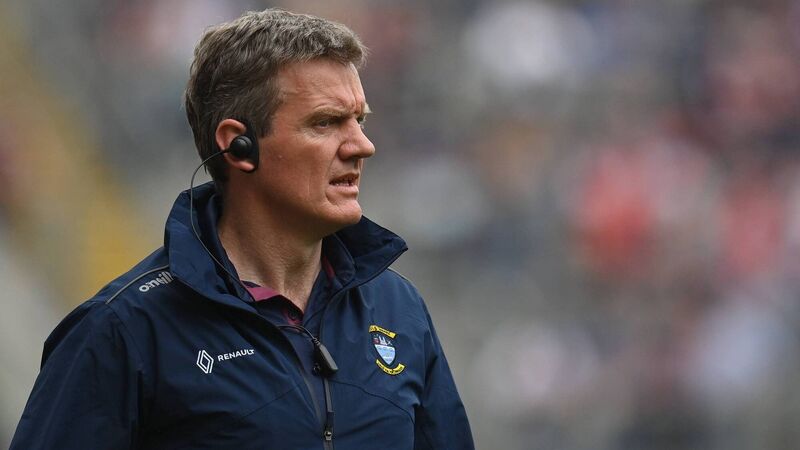
This season, the GAA's national player development lead Jack Cooney assisted Castleknock while also managing his own club Coralstown-Kinnegad. Pic: Seb Daly/Sportsfile
The GAA are expected to frame proposals regulating the area of full-time employees coaching and managing teams outside their own clubs and counties.
Potential conflicts of interest are a concern for leadership who have noticed a growing number of staff taking up positions in clubs to which they have no ties and non-native counties. The proposals could tie in with the national games development committee’s plans to phase out the outside manager.




